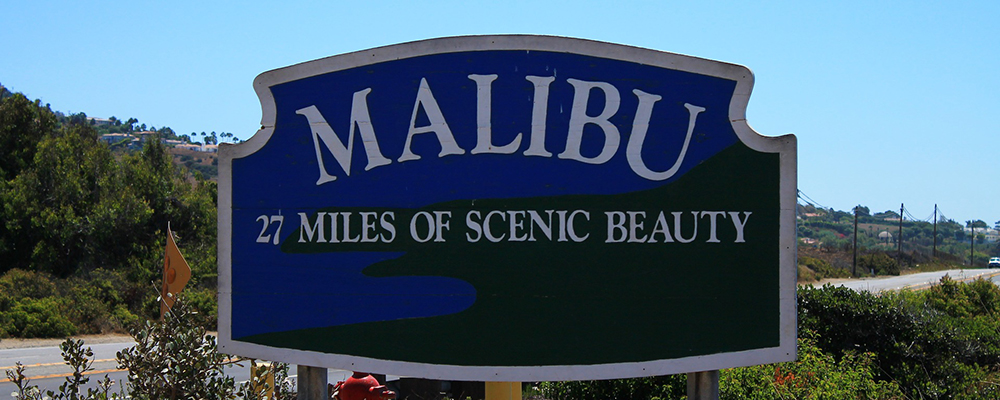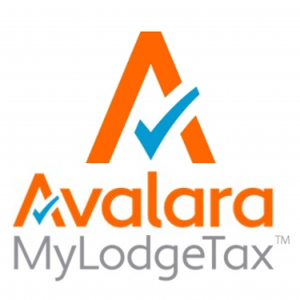Malibu wrestles with short-term rental regulations
- Dec 29, 2017 | MyLodgeTax

A proposed short-term rental ordinance more than a year in the making has been sent back to the drawing board by the Malibu Planning Commission.
The proposal, created by city staff, was designed to deal with the thorny issue of short-term vacation rentals, but commission members said the plan did not go far enough in addressing some of the biggest issues, and that it lacked specifics for enforcement.
The ordinance, based on suggestions by the Zoning Ordinance Revisions and Code Enforcement Subcommittee, included a number of provisions:
- Short-term rentals would be prohibited in the multifamily residential zone for complexes with three or more units.
- Short-term rentals would be required to publicly post contact information for a designated manager 24 hours per day, seven days per week.
- Short-term rental privileges could be revoked for six months for noncompliance, with further noncompliance eventually leading to criminal penalties.
- Homeowners would be required to attest that their properties have smoke detectors upon registration.
- There would be no requirements that short-term rentals must be the operator’s primary residence and there would be no blackout dates.
The commission voted unanimously to send the proposal back to staff for further work. Some Malibu residents have complained about noise and disturbances, as well as trash and parking issues, from short-term rentals. However, other residents claim that extra income from short-term rentals has allowed them to remain in the city.
At the commission’s meeting Nov. 20, several ideas for solutions surfaced, including:
- Mandatory onsite parking
- Requiring rentals to be owners’ primary residences
- A lottery system to allow only a certain number of rentals within a given area
- A required response time for property managers or owners to deal with complaints
- A decibel meters system that would alert law enforcement when noise levels exceed the legal limit
- Requiring a license to host short-term rentals
Short-term rentals are big business in Malibu — enough to account for $1.5 million in tax revenues in the city’s 2017–18 budget. While new regulations have been delayed by the commission’s vote, the issue is not going away and the city will come up with new rules eventually — most likely with strong enforcement provisions.
Short-term rental operators need to be aware of changes so they can remain in compliance — not only with permitting and licensing requirements, but with operational regulations as well as lodging tax return filing and payments. To help prevent further restrictive rules from being imposed, it’s important for vacation rental hosts and owners to be “good neighbors” and work to reduce other residents’ complaints.
It’s also important for short-term rental operators to be aware that the city does require them to collect transient occupancy taxes on short-term rental revenues. Operators are required to get a Transient Occupancy Registration Certificate, collect the 12 percent tax on the amount their guests pay for accommodations, and remit those taxes to the city.
Airbnb takes care of transient occupancy tax registration and collection for its hosts in Malibu, but other online short-term rental platforms do not, so it’s up to operators to take care of taxes themselves if they list on other sites such as VRBO or HomeAway. As is the case in Malibu, complying with short-term rental regulations is often a complexity that vacation rental hosts and owners would rather not have to deal with. Fortunately, lodging tax automation solutions can simplify the process.











